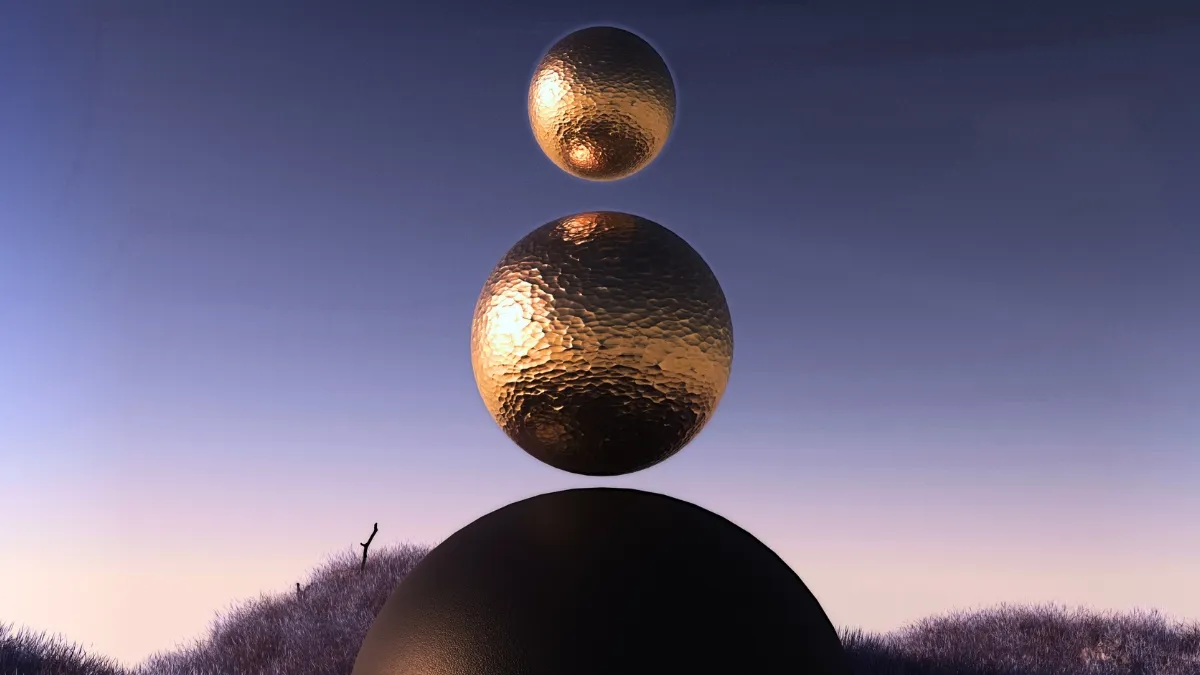
A question that has perplexed physicists for over a century may finally have a resolution, although it might not align with widespread expectations. A comprehensive analysis of existing theories, conducted by a team of physicists led by Mir Faizal from the University of British Columbia, reveals that there is no universal Theory of Everything capable of seamlessly reconciling general relativity with quantum mechanics—at least not through an algorithmic framework. This critical finding implies that the Universe cannot be a simulation since any simulation would need to operate algorithmically.
Faizal states, "We have demonstrated that it is impossible to describe all aspects of physical reality using a computational theory of quantum gravity." This insight suggests that a complete and consistent theory of everything cannot stem from computation alone. Instead, it necessitates a non-algorithmic understanding that transcends the computational laws of quantum gravity and even the very fabric of spacetime.
One of the most significant challenges in our comprehension of the Universe lies in the intricate relationship between the smooth continuum of spacetime and the elusive nature of quantum mechanics. While we know the Universe operates, the mathematical frameworks designed to describe each domain tend to break down when juxtaposed with the other. For decades, physicists have sought a mathematical solution—a so-called quantum gravity theory—that would enable a seamless transition between general relativity and quantum theory.
Faizal and his colleagues have scrutinized popular theoretical approaches aimed at bridging the gap between these two realms, including string theory and loop quantum gravity. These theories suggest that both spacetime and quantum fields arise from a more fundamental layer of pure information, a concept famously encapsulated by American theoretical physicist John Wheeler with the phrase "it from bit." However, the research team argues that there are compelling reasons to believe that such a foundation cannot be constructed solely from bits.
By leveraging mathematical theorems related to incompleteness and undefinability, the researchers assert that a fully consistent and complete description of reality cannot be attained through computation alone. Faizal elaborates, "It requires a non-algorithmic understanding, which by definition is beyond algorithmic computation and therefore cannot be simulated." This conclusion leads to the assertion that the Universe cannot exist as a simulation.
The physicists posit that the information from which reality emerges must be both fundamental and finite. To bolster their hypothesis, they drew insights from mathematicians such as Kurt Gödel, Alfred Tarski, and Gregory Chaitin. These eminent theoreticians, who made significant contributions during the 20th century, independently demonstrated inherent limitations in our capacity to fully comprehend the Universe. Gödel's renowned 1931 incompleteness theorems illustrate that any consistent mathematical system will contain true statements that cannot be proven within its own parameters. Tarski's 1933 undefinability theorem posits that an arithmetic system cannot adequately define its own truth, while Chaitin's similar theorem establishes a clear upper limit on the complexity that a formal algorithmic system can encapsulate.
Utilizing these logical frameworks, the researchers conclude that physics itself cannot be entirely computable. They propose a novel approach to resolving the Theory of Everything dilemma: introducing a non-algorithmic layer atop the algorithmic one, resulting in what they term a Meta Theory of Everything (MToE). This meta-layer would possess the capability to discern truth from a perspective that exists outside the confines of the mathematical system, thereby offering scientists a pathway to explore phenomena like the black hole information paradox without breaching mathematical principles.
Ultimately, this groundbreaking research addresses the age-old question of whether our existence is genuine. Faizal asserts, "Any simulation is inherently algorithmic—it must adhere to programmed rules. However, since the foundational level of reality is rooted in a non-algorithmic understanding, the Universe cannot be, and could never be, a simulation."